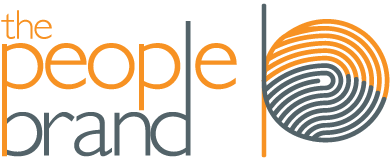
How do you effectively lead others? You can use different leadership styles to either “command and control” or give greater autonomy.
Command and control methods stifle creativity and often leave workers dissatisfied by micromanagers. Autonomy can produce greater innovation and employee satisfaction, but people still need direction.
While not everyone needs, or wants, a boss… almost anyone can benefit from a great leader. What’s the difference?
A boss will…
- … tell employees WHAT to do.
- … push ideas out to employees.
- … focus on their own success.
A leader will…
- … explain WHY their work matters and the difference their success will make for others.
- … pull ideas out of employees (and recognize and reward them).
- … focus on the collective and individual success of their employees.
David Logan talks about these kinds of leaders in his book Tribal Leadership. He gives an example of this in his TED Talk. He mentions the work of Desmond Tutu in South Africa in promoting healing after Apartheid.
Now think about that. South Africa, terrible atrocities had happened in the society. And people came together focused only on those two values: truth and reconciliation.There was no road map. No one had ever done anything like this before.And in this atmosphere, where the only guidance was people’s values and their noble cause,what this group accomplished was historic.
This is what leaders do. They don’t prescribe explicit directions and mandate them from above. They also don’t set people loose without any guidance.
Leaders give their people a framework for decision-making
They promote values that show employee’s care about others (coworkers, customers and the community).
Leaders give their people a purpose
They raise the banner of the organization’s noble cause. This is something greater than profits, it is a mission, and it helps fuel the organization to sustain itself with financial health.
Visionary leaders help people to see how their work fits into the big picture, lending people a clear sense not just that what they do matters, but also why.”
― Daniel Goleman, Primal Leadership
